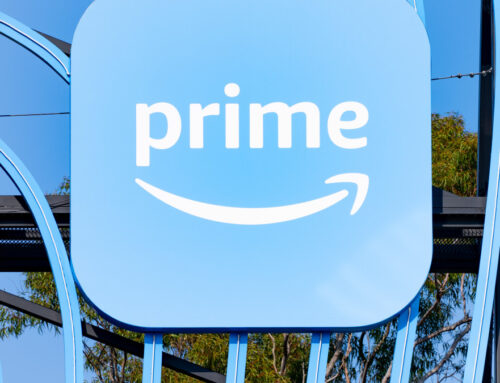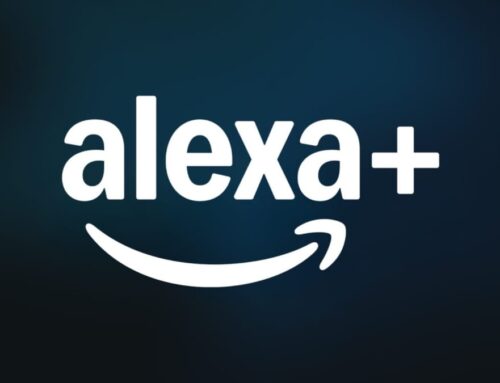Alexa+ Faces Uphill Battle: Can Amazon’s Next-Gen AI Assistant Overcome Muted Interest and
May 18, 2025
Amazon’s recent unveiling of Alexa Plus, its next-generation AI-powered voice assistant, was heralded as a pivotal moment in the ongoing race to dominate the digital home. But weeks after the product’s launch, industry insiders remain confounded by an almost total absence of visible users, raising questions about Amazon’s strategy, the technology’s performance, and the consumer appetite for AI-infused assistants.
When Amazon introduced Alexa Plus earlier this year, it touted a radical upgrade: Alexa was now “agentic,” capable of handling more complex, multi-step tasks and offering far more conversational interactions. The company presented this as a leap forward, leveraging generative AI technologies to make Alexa more robust, context-aware, and capable. Amazon’s head of devices and services described Alexa Plus as a milestone, bringing “a smarter and more capable voice assistant into millions of homes” as reported by PYMNTS.
Notably, Amazon chose a dual-pricing strategy: Alexa Plus is free for Prime subscribers but costs $20 for non-members. Digital Commerce 360 highlighted this as a calculated move to strengthen the Prime offering and encourage wider adoption by integrating value-added services at no extra fee for existing members.
Yet, as Reuters observed, a sense of mystery surrounds the rollout. Despite Amazon’s claim that it is “constantly inviting new customers to Alexa Plus,” there are few signs of active users, and little evidence of a broad beta test or live deployment. Amazon has not disclosed how many people have been granted access, or how it is prioritizing invitations. Some industry analysts speculate that the rollout has been far more limited than Amazon’s public relations messaging suggests—potentially a way to manage expectations while tuning the product behind the scenes.
Market data complicates this picture further. While the installed base of Alexa-enabled devices remains formidable—over 130 million Echos are expected to be shipped worldwide by the end of 2025, according to Coolest Gadgets—the underlying appetite for more advanced voice assistant features appears muted. CNET recently surveyed device users and found that only 34 percent expressed interest in using voice assistants more if AI upgrades were added. Privacy concerns loom large: 73 percent of survey respondents were worried about privacy risks associated with more powerful AI, and 50 percent said they simply did not trust home voice assistants.
Amazon’s strategy to monetize Alexa Plus via subscription fees for non-Prime members has also drawn skepticism. While the company enjoys the highest trust among AI voice assistant providers, with 27 percent of users favoring Alexa over rivals from Apple and Google, the CNET survey reported that only 23 percent of adults would even consider paying extra for AI features. A majority—56 percent—were categorically opposed to any added fees.
Voice assistant usage growth, meanwhile, is slowing. Data from Yaguara shows that the number of U.S. voice assistant users is projected to reach 153.5 million in 2025, but the growth rate has declined to just 2.5 percent per year. Worldwide, usage continues to rise, but the pace is decelerating and competition is intensifying.
The subdued reception to Alexa Plus underscores larger industry challenges. The privacy and trust gap is widening as AI advances. Consumer enthusiasm for new features is tepid, and willingness to pay is low—especially as smart home ecosystems become more fragmented. Amazon, for its part, is betting that deep integration with Prime and its unmatched device footprint will give it an edge. But as the Verge noted, without a critical mass of engaged users and a clearer roadmap for privacy, Alexa Plus’s promise risks being eclipsed by consumer hesitation and industry inertia.
As Amazon continues its incremental Alexa Plus rollout and keeps tight control over access, the industry is watching closely. The real test will be not just technological sophistication, but whether Amazon can meaningfully allay privacy fears and demonstrate value that compels users—Prime members and beyond—to make Alexa Plus a central feature in their connected homes.
Search
RECENT PRESS RELEASES
Related Post




